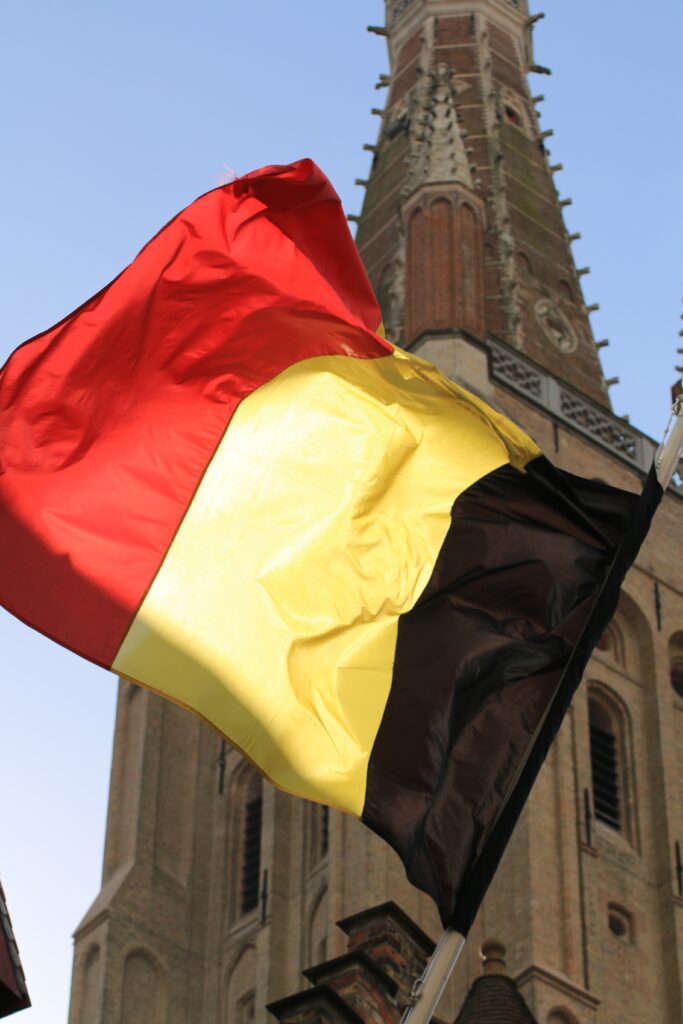
Getting to know Belgian politics: the traditional pillars versus left and right (2)
In 2024, Belgium faces some essential milestones. Not only will it hold the presidency of the European Union, but on 9 June, it will hold crucial elections at European, national and regional levels. It’s expected to be a year of extremes.
A recent opinion poll commissioned by De Standaard and VRT NWS shows that eight out of 10 people in Flanders think that democracy is a good or very good way to govern a country. However, only half of the respondents believe that Belgium is currently managed in a truly democratic way, while 34 per cent say it is not.
A majority said that politicians have no idea what is important to citizens, let alone that they would manage to turn these issues into policy.
Lack of confidence
When asked how much confidence they have in politicians, governments and parliaments in Belgium and Europe, the average score is between three and four out of 10. “The figures show deep dissatisfaction with how politicians listen, act and make decisions,” the researchers conclude.
This democratic deficit is precisely why Belgium is the only Western European country classified as a defective democracy in the EU’s Democracy Index. In particular, Belgium does not score well on political participation.
Insufficient engagement with issues such as migration, diversity and economic globalisation has confined traditional parties to a narrow left-right ideological spectrum. This has led to a mismatch between what the parties offer and what many voters want.
“By skimming the surface and inadequately addressing these pressing issues, the traditional parties have narrowed their ideological scope to an exhausted form of left-right dichotomies,” political psychologist Alain Van Hiel writes in Knack. “This has led to an imbalance between what these parties offer and the aspirations of many voters.”
Consensus thinking
According to Van Hiel, a researcher at the University of Ghent, Belgium’s traditional parties – the Christian democrats, liberals and socialists – have cultivated a form of consensus thinking over the decades. While this approach has fostered broad agreement on many issues, it has also led these parties to lose sight of the concerns of many people.
However, the left-right spectrum remains important for organising, understanding and evaluating political issues. “Radicals and moderates seem to live in different worlds,” says Van Hiel. “Radical voters are cynical and angry and distance themselves from the establishment. Trust in the political process is shallow among them.”
This disillusionment makes authoritarian alternatives attractive. “Soon, around 35 per cent of people in Flanders will vote for parties nobody wants to work with,” Van Hiel says. “That is very unhealthy for a democracy. Their concerns – whether about migration or hyper-globalisation – need to be taken seriously, whether we like what they say or not.”
The traditional parties have a credibility problem, he says. “I do not like comparisons with the 1930s; they are flawed. But the weakness of the centre was perhaps the biggest problem then. The same is true today.”
